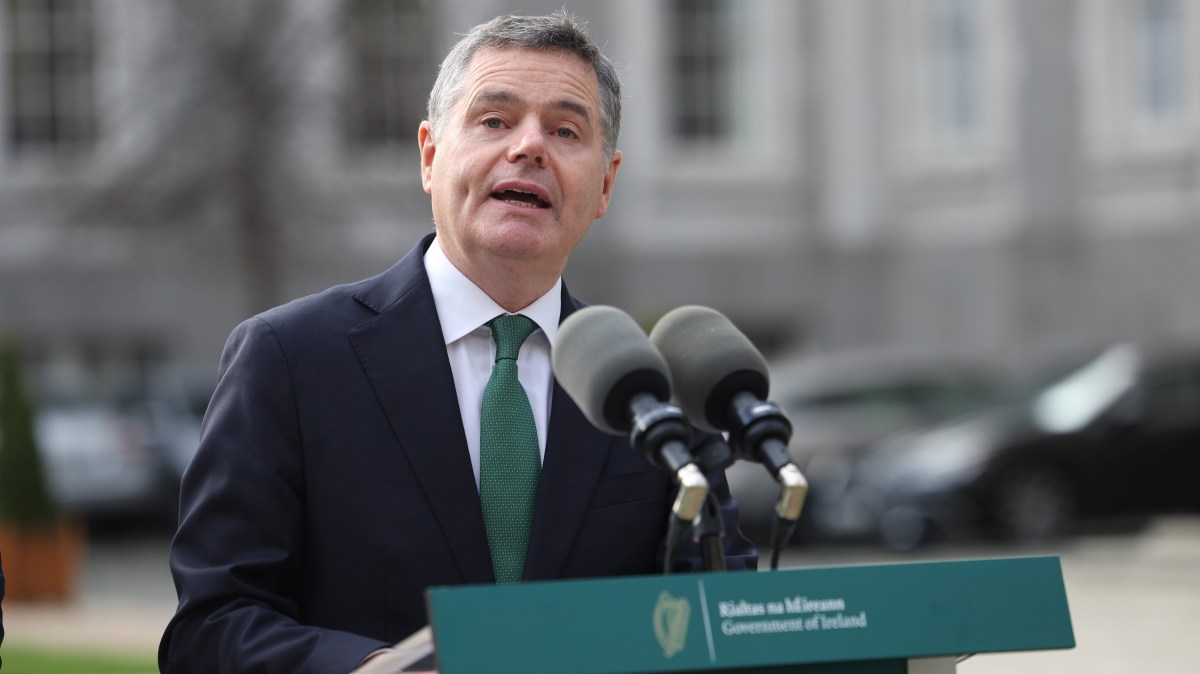Rachel Reeves, the United Kingdom’s Chancellor of the Exchequer, is preparing to unveil what many anticipate will be the most severe Budget in decades. While she previously vowed to avoid a repeat of last year’s £40 billion tax increase, new assessments suggest that taxpayers could face an additional burden of at least £30 billion, with estimates potentially reaching £50 billion.
The implications of these changes are particularly concerning for pensioners, whose incomes, pensions, savings, homes, and inheritances may all be at risk. Reports indicate that Reeves might abandon a previous Labour manifesto commitment by increasing income tax by 2 pence in the pound.
In addition to income tax hikes, several significant changes could be introduced, including reductions to the 25% tax-free lump sum on pensions, a halving of the current £20,000 Cash ISA allowance to £10,000, and the establishment of two new higher-rate council tax bands for residential properties. Furthermore, the potential introduction of a “mansion tax” alongside increased scrutiny of inheritance tax raises serious concerns for homeowners and families planning their estates.
As the Budget approaches, speculation continues around additional measures that could be implemented. For instance, there are discussions regarding an increase in fuel duty or a potential 20% exit tax aimed at individuals relocating outside the UK. With the uncertainty surrounding these proposals, many individuals are considering proactive steps to mitigate their financial exposure to Labour’s planned tax increases.
Strategies to Protect Your Finances
There are several strategic moves that individuals can consider to safeguard their assets ahead of the anticipated Budget changes.
Firstly, maximising the annual ISA allowance is advisable. Each adult has a £20,000 ISA allowance for tax-free growth. Given the potential reduction in the Cash ISA limit, individuals are encouraged to utilize this year’s allowance before any changes take effect next April. Families can also benefit from a £9,000 Junior ISA allowance for children under 18, which should be fully utilised if possible.
Additionally, reconsidering pension contributions may be prudent. There are indications that Reeves could modify tax relief on pension contributions, possibly replacing the current rates of 40% and 45% with a flat rate of 25% or 30%. Higher earners should consider contributing more of their £60,000 annual allowance, especially if they have pensions over £400,000.
Another strategy involves gifting to family members. Reeves may tighten existing annual gifting allowances for inheritance tax, which currently allows gifts to become tax-exempt after seven years. Individuals may want to consider gifting before the Budget is announced to avoid potential future restrictions, but it’s crucial not to give away funds that may be needed later.
Couples should also strategize together to maximize tax allowances. Married couples and civil partners can combine their allowances, increasing contributions to ISAs or pensions. Transferring income-generating assets to a lower-tax-rate spouse can also reduce the overall tax burden. This benefit is not available to cohabiting couples.
Finally, banking capital gains is essential. The annual capital gains tax exemption has already been significantly reduced to £3,000, with higher rates now set at 20% and 24% for higher earners. Those with gains on assets outside an ISA should take advantage of the exemption while it lasts. Couples can double this exemption to £6,000 on jointly held assets. Selling and then repurchasing shares or investments within a tax-free ISA can also provide a safeguard against future gains tax.
As the Budget date approaches, individuals should remain vigilant and consider seeking independent financial advice to navigate the complexities of potential tax changes. Taking proactive measures now could lead to significant financial benefits in the future.







